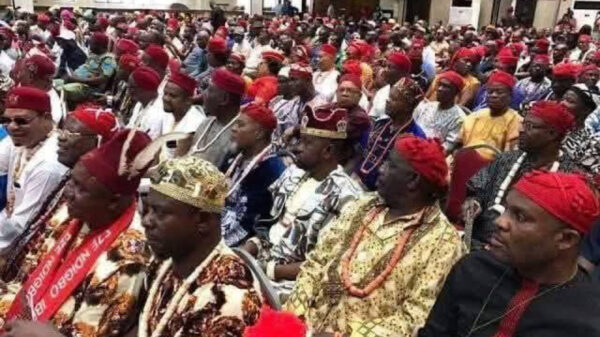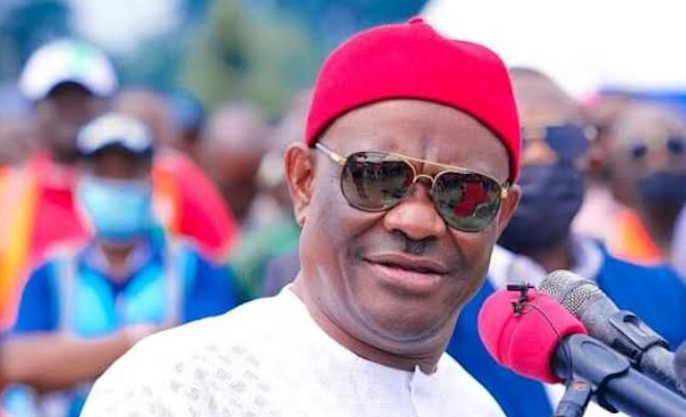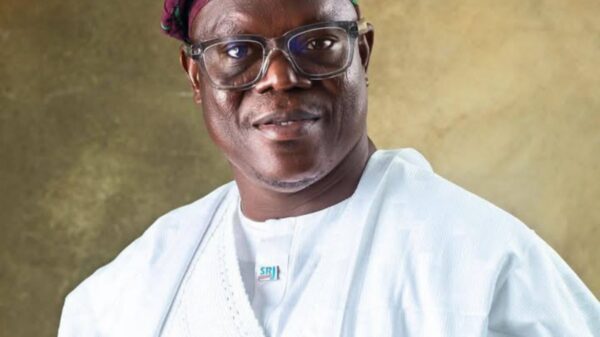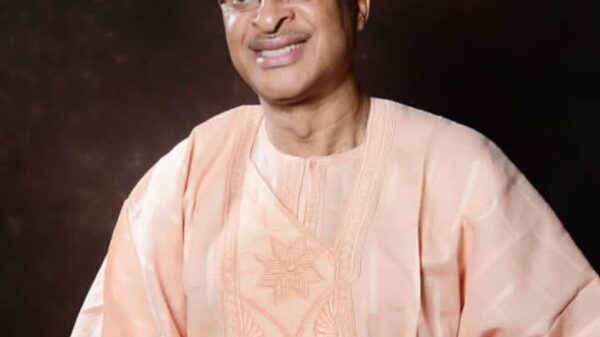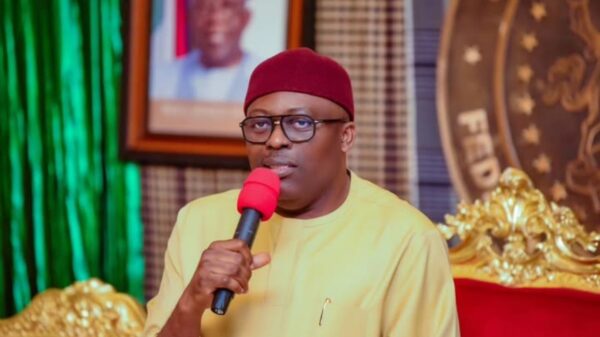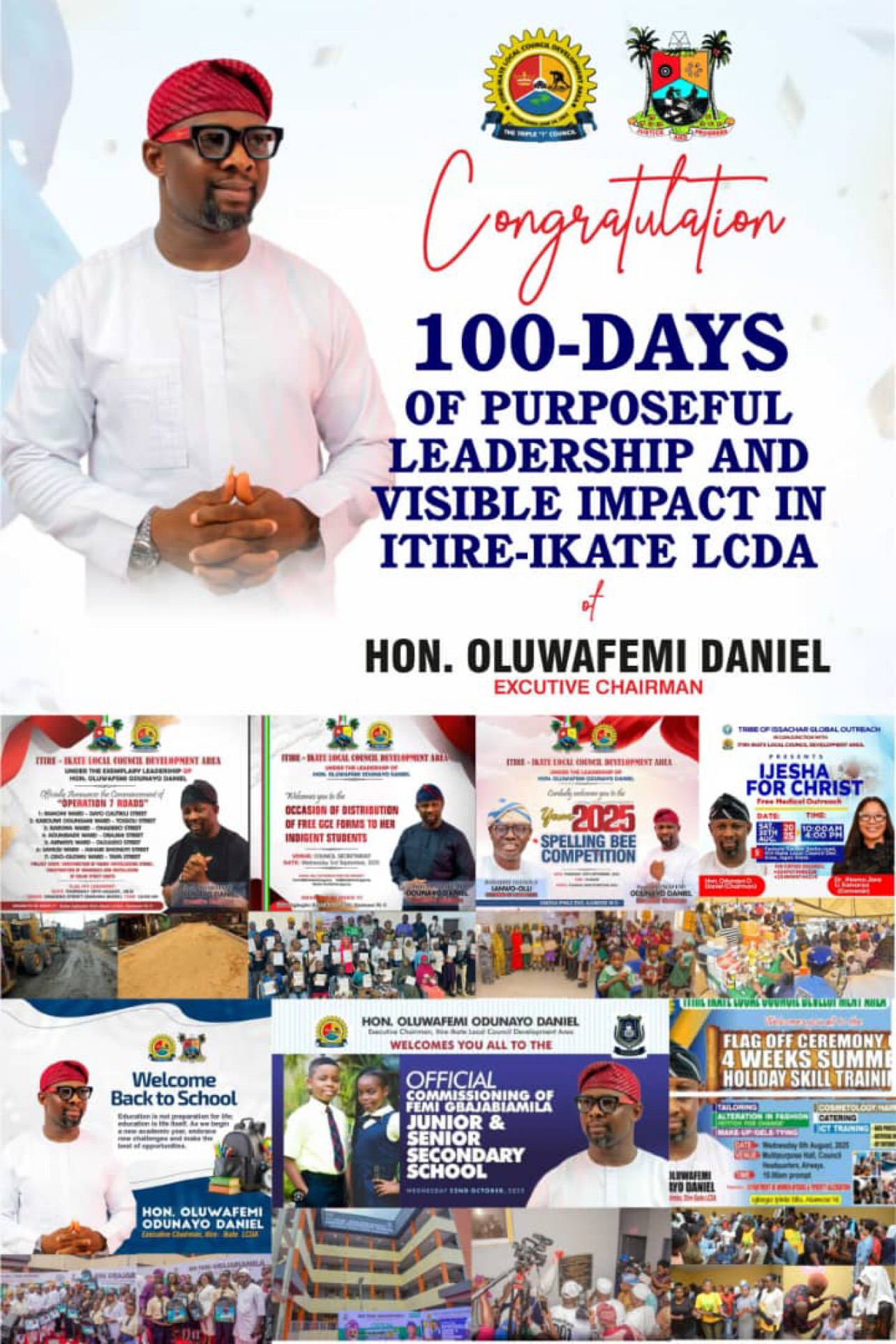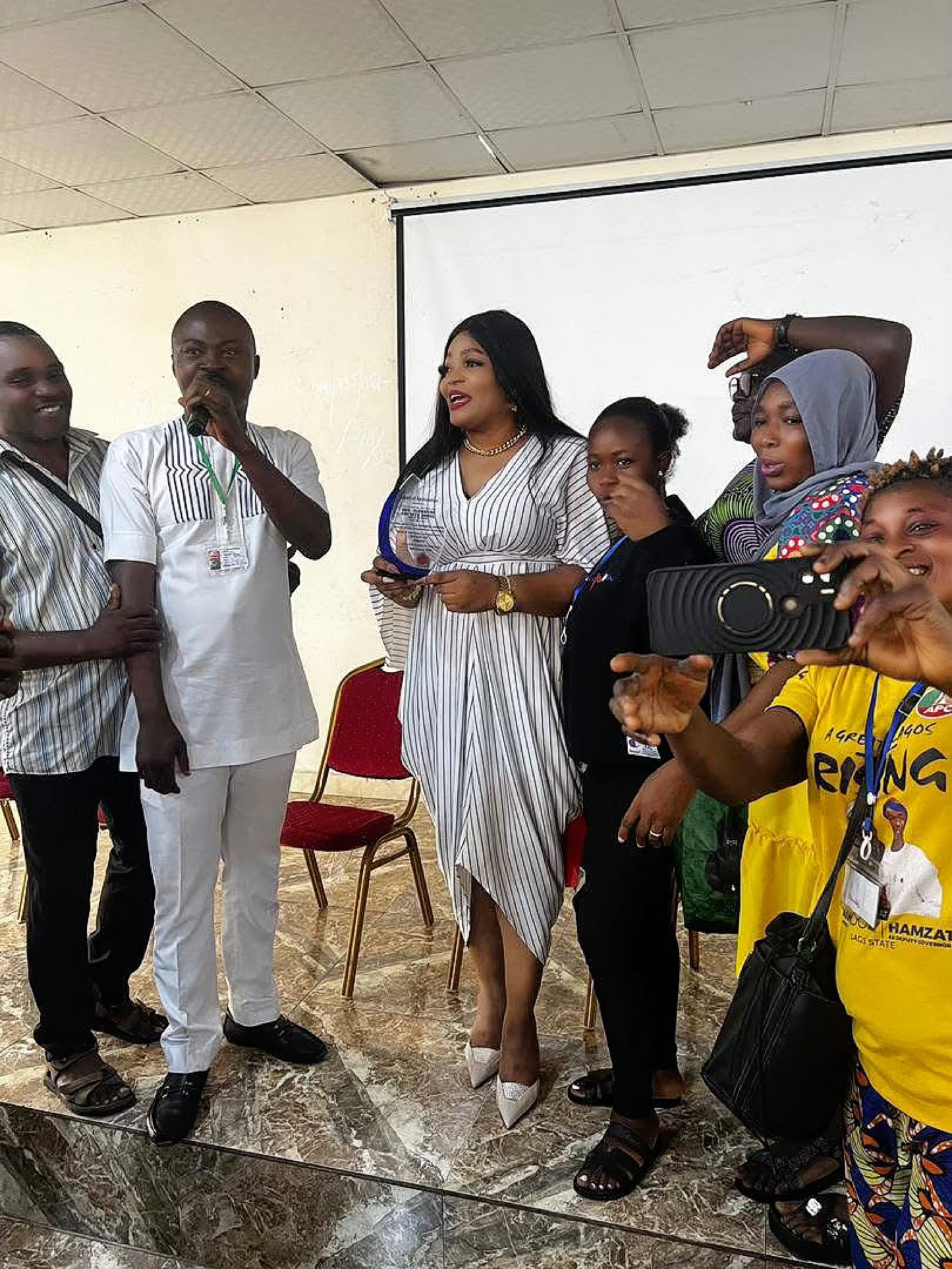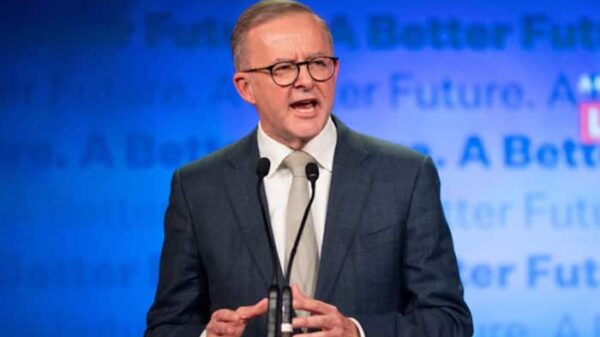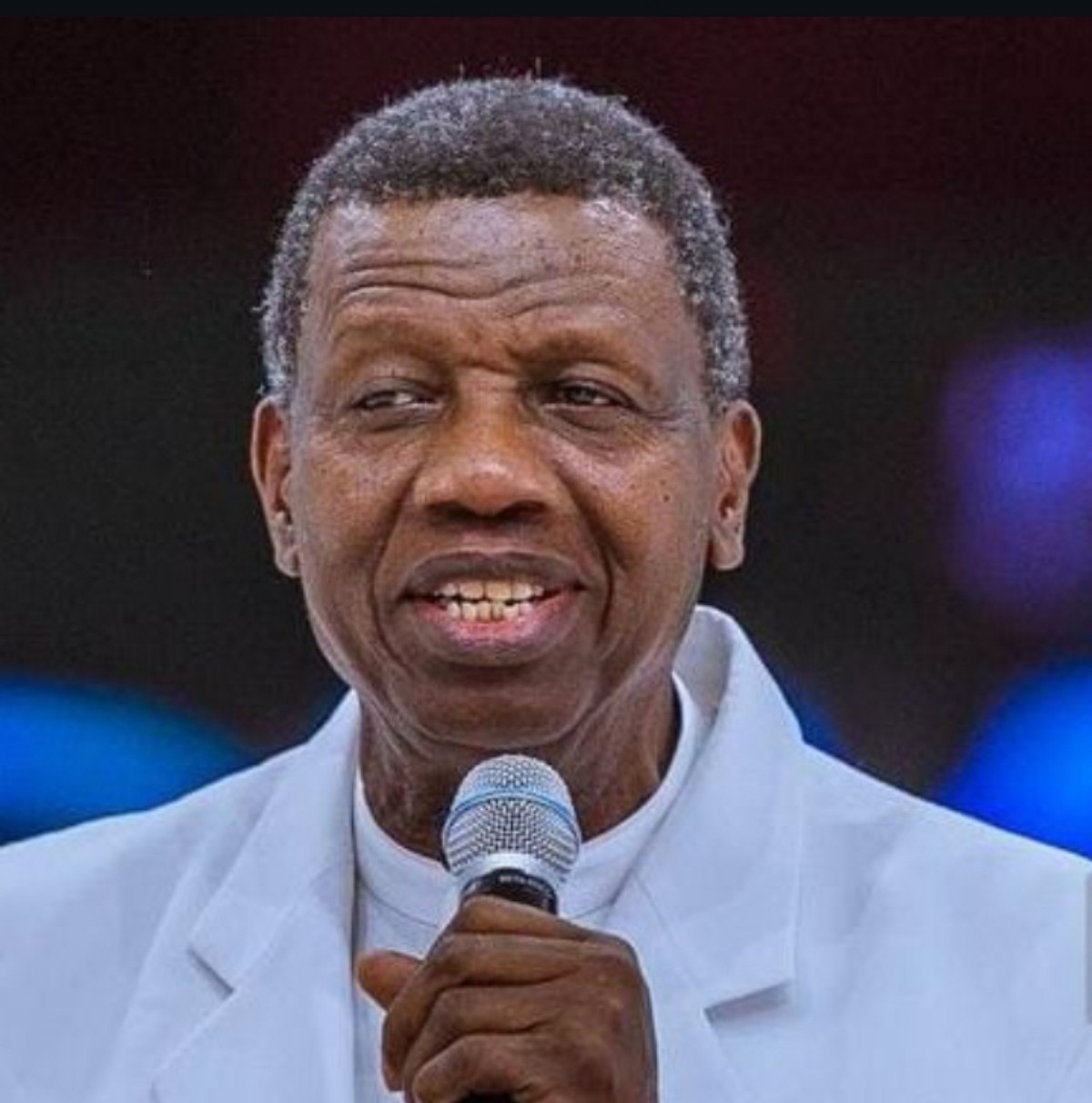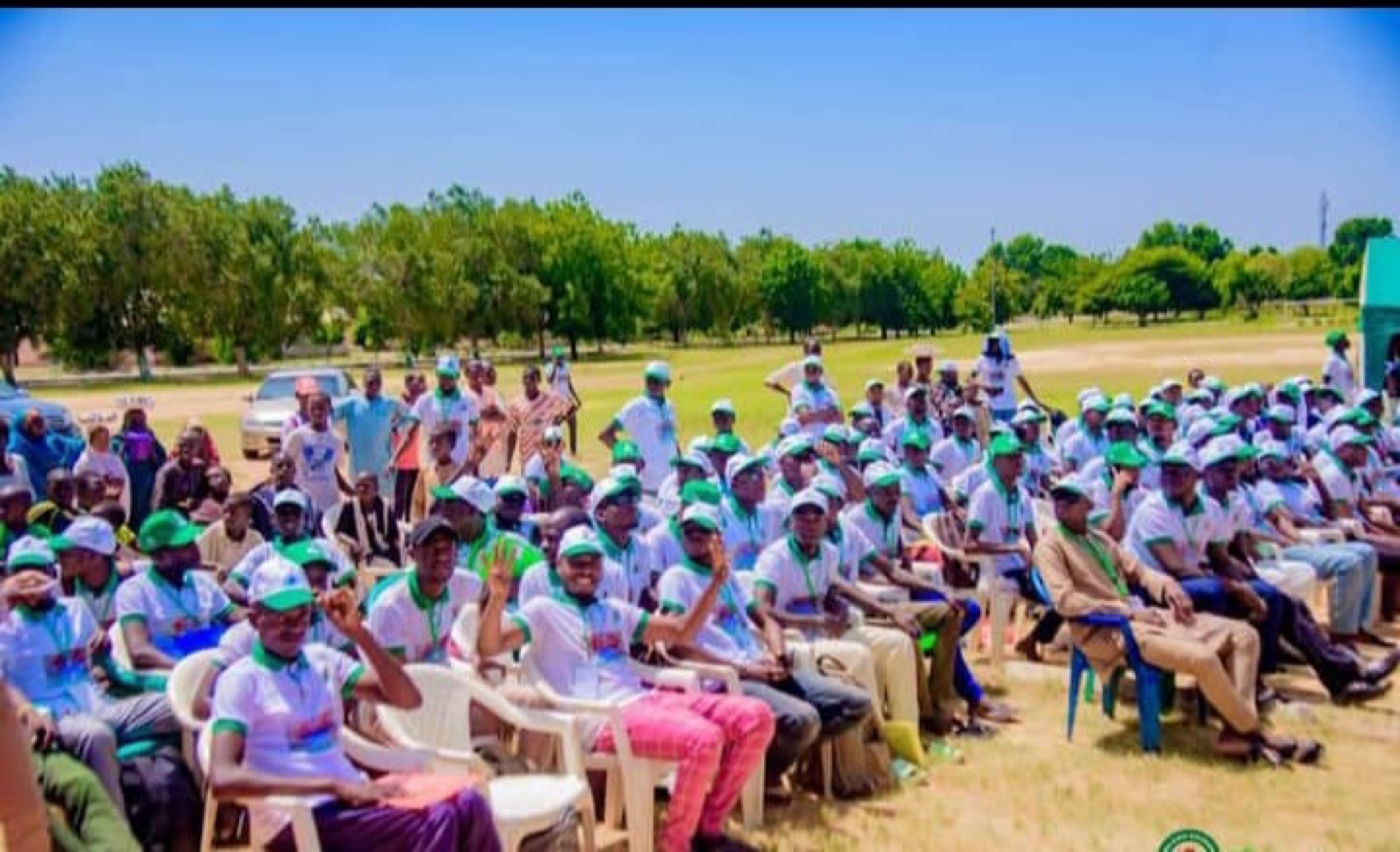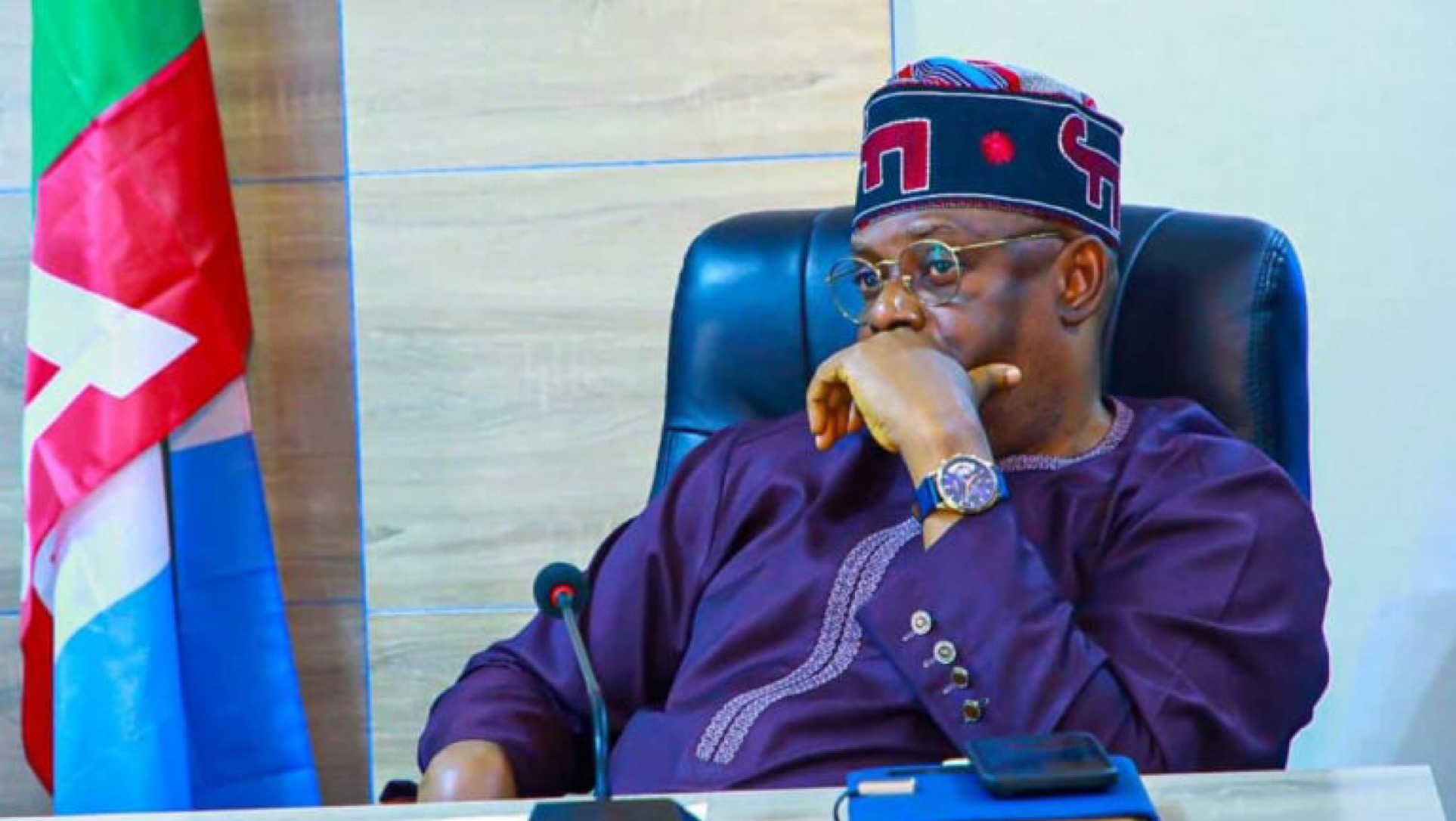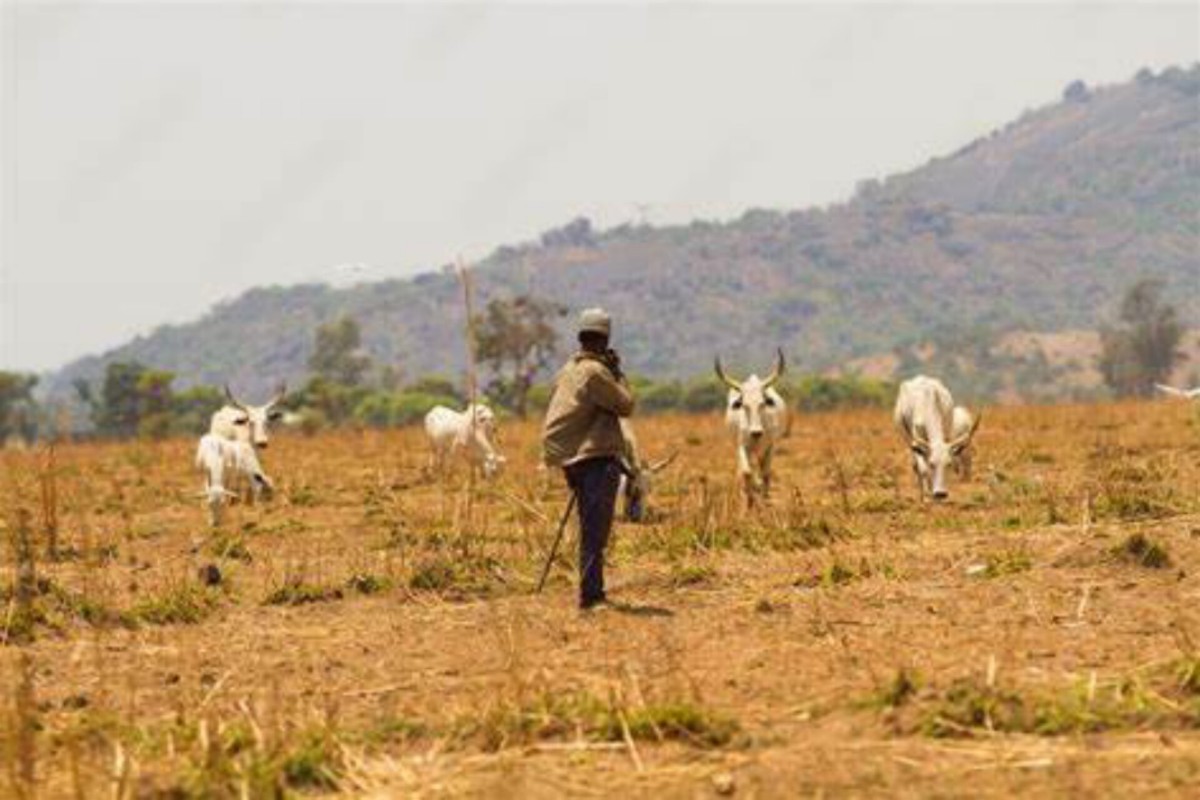
Minister of Finance and Coordinating Minister of the Economy, Mr. Wale Edun, on Monday, said the country must align with global direction in financing for development by taking advantage of climate initiatives, which the world was prepared to fund.
Edun also pointed out that the federal government was actively engaging with the World Bank, IMF, AfDB, G20, and will take a strong voice to development partners in COP30 in Brazil to seek more support for the country.
He said the federal government was supporting ministries and state agencies to prepare investment-ready proposals, stating that key reason funds often remain untapped is lack of readiness.
He spoke at a panel session on “Unlocking Climate Finance for Sustainable Growth”, at the opening of the 31st Nigerian Economic Summit (NES#31), with the theme, “Building a Prosperous and Inclusive Nigeria by 2030,” in Abuja.
Country Director, World Bank Group, Mathew Verghis, said the government must bring down inflation to consolidate the gains of the bold economic reforms currently being undertaken.
However, stating that transparency remained critical, Edun disclosed that the government was currently reinforcing frameworks to track climate finance flows and record their impact.
The minister also launched the “Guide to Accessing Climate Finance”, a publication aimed at better educating stakeholders on ways to access climate resources.
Edun expressed concern over the reduced support for developing countries, adding that to meet the Sustainable Development Goals (SDGs), global spending needs to reach $5 trillion annually between now and 2030.
He said the SDG goal remained unmet.
Edun stated that the $100 billion promised annually to developing countries for climate action had fallen short year after year, even though global climate spending in 2024 alone reached $2 trillion.
He said, “That’s where the money is and that’s where we, too, must focus our efforts.
Recognising this, at COP28, we saw the trends clearly and immediately established a Green Growth Office and Facility in the Ministry of Finance. This was to align Nigeria with the global direction in financing for development toward growth-oriented, job-creating projects that the world is willing to fund. It serves no purpose to be on a different page from the rest of the world.”
According to reports, severe climate vulnerability is impacting agriculture, water, and energy, with economic losses exceeding $100 billion since 2020.
Despite rising climate finance, inflows of $2.5 billion in 2022 are well below the required $17.7 billion annually, the reports said.
They added that the funding gap hindered adaptation efforts, threatening to shrink GDP by 11 per cent by 2050.
However, addressing participants, Edun said the resilience of Nigerians had pushed the country through difficult but necessary reforms, adding, “Because of that resilience, we are positioned for stronger growth.”
He said, “Climate change is no longer a distant threat it’s here with us. In Makurdi, rising waters have displaced families. In Sokoto, dry soil tests the resilience of our farmers. In Lagos and other cities, floods turn our roads into rivers.
“These are not merely environmental issues they affect how we eat, work, live, and plan our future. But within these challenges lies a major opportunity: the chance to do things differently.
“We can build infrastructure with foresight, diversify our energy systems through innovation, and create an economy that protects our people. Climate action is not a burden it is an investment. An investment in jobs, health, education, security, and the wellbeing of our children.”
The minister described climate finance as a growth strategy, stating that the “future we seek begins with how we finance change. I commend PACE, the UK Government, UKAID, the Ministry of Budget and National Planning, and the NASG for organising this important dialogue and developing the ‘Guide to Accessing Climate Finance’, which I am privileged to help launch today.”
Edun said, “This guide is more than a document it’s a tool. It will help ministries, private companies, and communities access resources to build resilience and prioritise green investments.”
He stressed that climate finance was not charity but smart capital funding directed toward infrastructure, innovation, technology, and people, and which will define the future.
The minister added that to ensure that Nigeria effectively mobilised available climate finance, the Ministry of Finance had established a Green Growth Finance Coordinating Unit to align climate investments with fiscal realities and national priorities.
He said, “Globally, the world is moving fast. In just five years, electric vehicles have grown from 2.5 per cent to 22 per cent of new car sales. Solar power, once a niche market, now generates nearly 600 gigawatts annually. These are no longer experimental technologies they’re mainstream.
Nigeria cannot afford to stand on the side-lines. We must ride this wave.
“We are embedding climate priorities into public finance management through green budgeting, ensuring that both federal and state governments reflect transition goals in their budgets.
“We are also supporting ministries and state agencies to prepare investment-ready proposals a key reason funds often remain untapped is the lack of such readiness.
“In addition, Nigeria has pioneered green bonds to finance renewable energy and climate projects, and we are exploring credit guarantee schemes and risk-sharing facilities with partners to attract private sector capital.
“The Development Bank of Nigeria’s accreditation by the Green Climate Fund is a model example of institutional readiness. To access climate funding, institutions must meet global accreditation standards, and we will support more entities in achieving this.
“We are streamlining implementation through the M300 Compact Delivery and Monitoring Unit to ensure effective coordination critical for energy access, industrialisation, and modernisation.
“Transparency is equally vital. We are reinforcing frameworks to track climate finance flows and record their impact.”
The World Bank country director, who spoke at the summit’s first plenary, titled, “Global Trade: Africa’s Moment, Nigeria’s Opportunity,” called for investments in people to boost the knowledge economy as well as strategic support to key sectors of the economy to boost job creation.
Verghis also stated that to attract foreign investment, the government must create an enabling environment for local industries to thrive, as that will also incentivise foreign investors.
Managing Director, Flour Mills of Nigeria, Mr. Omoboyede Olusanya, decried the high cost of production in the manufacturing sector, stating that the government must address infrastructure and power for local firms to be competitive.
Olusanya also said levies and customs operations were obstacles, especially documentation for export.
He added that there was a need to also ensure quality of exports. He said government must ensure policy stability.
Equally speaking on the panel, Minister of Industry, Trade and Investment, Dr. Olajumoke Oduwole, shared how the ministry was transforming trade policy to opportunities.
She said Nigeria had recorded several feats in AfCFTA implementation, and will take the advantage to boost the competitiveness of local industries to compete.



